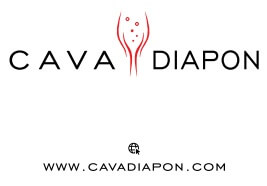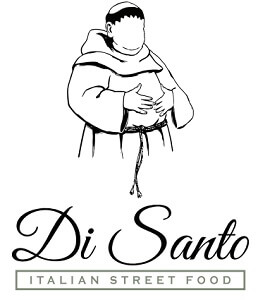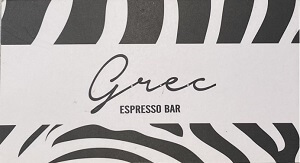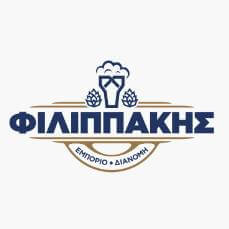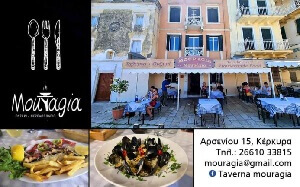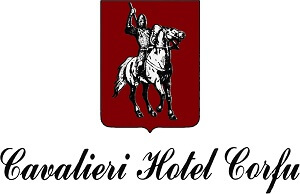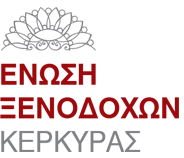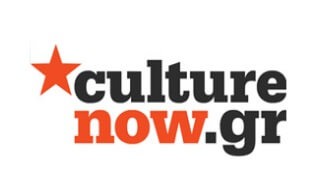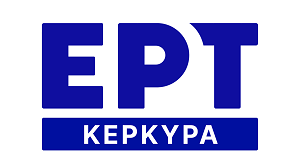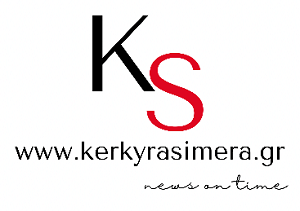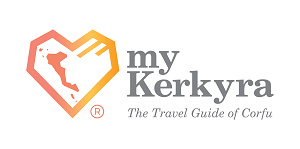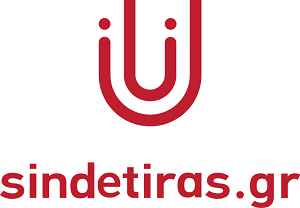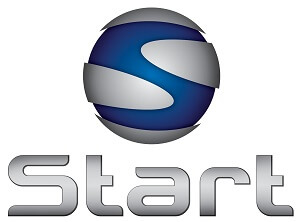Summary
The paper presents an interdisciplinary approach for constructing Virtual Reality exhibitions [1] by studying the case of a Virtual Reality exhibition developed for the Philatelic and Postal Museum of Greece. In this work we present an interdisciplinary perspective as examine various issues that commonly occur within the developmental stage of such projects, namely: (i) the copyright and privacy issues of the displayed items [5], (ii) the content organization and the necessary transformations for its inclusion on a Web Virtual Reality application [2-3], (iii) the design of the virtual architectural space that will host the exhibition, (iv) the design and development of the Virtual Reality application that realizes the exhibition [3], and (v) supplementary content communication approaches that enhance the use of conventional informational content (text and still images) [4].
2. Objectives
The main objective of this paper is to provide a framework for developing Virtual Reality exhibitions which comprises a set of purpose-oriented methodologies for the individuals tasks to be completed. The framework establishes a high-level interdisciplinary approach covering all the aspects of the project development and provides the foundations for task-specific methods in each phase of the project development. Furthermore it provides a detailed list of questions which allow developers to comprehensively address the developmental issues that may arise, particularly when the recipients of such systems are not technologically competent. Specifically, the construction of a Virtual Reality exhibition for the Philatelic and Postal Museum of Greece is presented as a case study.
3. Method
The employed method is primarily focused on the project objectives and includes: (i) the investigative process that is primarily carried out so that both the designer and the recipient of the Virtual Reality exhibition share a common understanding of the project, (ii) the requirements analysis based on the results of the investigative process and the examination of the informational material to be included in the exhibition, (iii) the copyright clearance of the creative material to be used in the exhibition, (iv) the design and development stage, (v) the testing and evaluation of the developed application and (vi) the handover of the system and the recipient’s training on its use. Supplementary methods also employed as parts of the aforementioned tasks and stages are: the literature review, the research for the available technologies and approaches, the collection of the content including the creation/digitization and organization, the prototype design and testing.
5. Conclusion
In summary, this work aims to present an approach for constructing Virtual Reality exhibitions by studying the case of a Virtual Reality exhibition developed for the Philatelic and Postal Museum of Greece. The numerous aspects of the presented approach and the employed methods are listed and transformed into a manuscript suitable for scientific publication that authors hope will be of interest for the readers.
6. References
I. Giangreco, L. Sauter, M. A. Parian, R. Gasser, S. Heller, L. Rossetto, H. Schuldt, Virtue: a virtual reality museum experience, in: Proceedings of the 24th international conference on intelligent user interfaces: companion, 2019, pp. 119–120.
A. Giannakoulopoulos, M. Pergantis, S. M. Poulimenou, I. Deliyannis, Good practices for web-based cultural heritage information management for europeana, Information 12 (2021) 179.
V. Komianos, K. Oikonomou, A prototype system for automatic design of virtual exhibitions integrating cultural assets from public repositories., in: VIPERC@ IRCDL, 2019, pp. 107–118.
F. Tsiamalou, D. Sigourtzidou, V. Komianos, Creating Virtual Reality Spaces with Mozilla Hubs: Designers’ Expectations and Potential Applications in AudioVisuals Creativity, in: Proceedings of the “Digital Culture & Audiovisual Challenges–Interdisciplinary Creativity in Arts & Technology” International Conference, organized by the Department of Audio & Visual Arts of the Ionian University (Corfu-Greece). Published on CEUR Workshop Proceedings (CEUR-WS. org), 2021.
M. Markellou, Appropriation Art and Cultural Institutions, Queen Mary Journal of Intellectual Property (2013) Vol. 3 No. 2, pp. 145–154
Katerina Rizou, Graduate in Archaeology and Art History (Aristotle University of Thessaloniki). She is currently studying on her Master’s Degree in Historical Research, Didacticts and New Technologies (Department of History, Ionian University). She has been trained in the Design of Museum-Pedagogical Activities in the Compulsory Education(Department of Postgraduate Studies of Museology, Aristotle University of Thessaloniki and Center of Continuing Education and Lifelong Learning, National and Kapodistrian University of Athens). She is working as a Licensed Tourist Guide in Greece. She is participating in Research Programs related to Tourism (inArts laboratory, Department of Audio and Visual Arts, Ionian University). Her research interests focus on the contribution of the educational game to the promotion of local history as well as planning sustainable actions for the utilization of cultural tourism through historical walking tours by using Virtual and Augmented Reality.
Sofia Maria Poulimenou holds PhD in World Heritage Sites Management at the Department of Archives, Library Science and Museology, Ionian University, Corfu, Greece. She received a Bachelor degree in International and European Relations in 2003 and an M.Sc. Degree in international law and diplomacy in 2006, from Department of International and European Studies, Panteion University. She has worked as a special advisor to the Mayor of Corfu for three years (2007-2010) in areas of cultural diplomacy, international cooperation and cultural tourism, as a special advisor to the Governor of the Region of Ionian Islands in areas of cultural tourism and European cu-funding projects (2011-2014) and in Ionian University as the Rector’s collaborator in the Department of Public and International Relations (2015-2016). She is currently working at the Ministry of Justice.
Vasileios Komianos is a faculty member at Dept. of Audio and Visual Arts, Ionian University, Greece, teaching courses related to Virtual/Augmented/Mixed Reality, video games and interactive multimedia. His research interests are mostly focused on Mixed Reality (MR) systems, on user interaction and user interfaces in MR systems and applications as well as on approaches for artistic expression and cultural communication. He has work experience on designing audiovisual content and installations in the cultural heritage sector, and his works are hosted or have been hosted in permanent and temporary exhibitions as well as in art festivals.
Back
SPONSORS
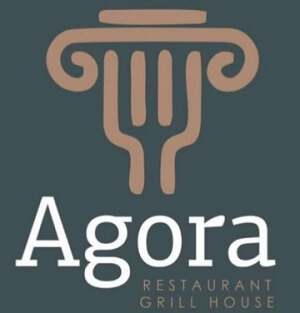 Agora Restaurant Grill House
Agora Restaurant Grill House Lupin Aperitivo Espresso Bar
Lupin Aperitivo Espresso Bar


